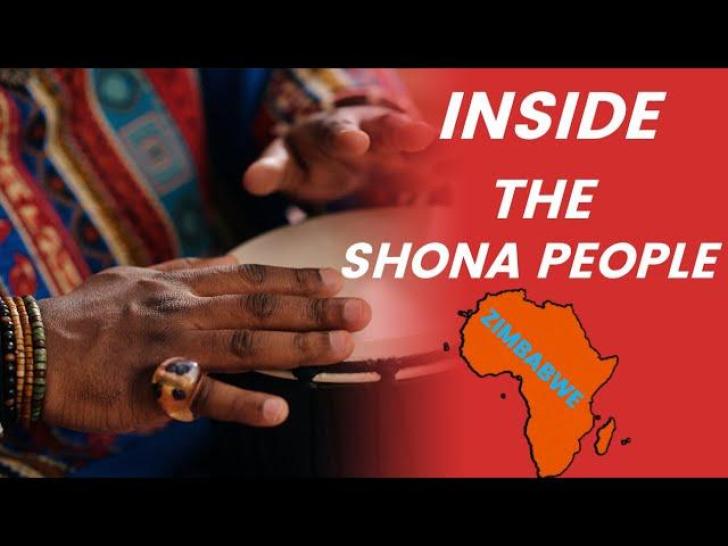News / National
'Shona people do not exist in Zimbabwe' Hopewell Chin'ono says
23 Oct 2023 at 11:04hrs |
2603 Views

In his thought-provoking opinion piece, journalist Hopewell Rugoho-Chin'ono challenges the conventional notion of a unified "Shona" tribe in Zimbabwe. He argues that this commonly accepted label is a construct imposed by white colonialists, obscuring the rich diversity of indigenous ethnic groups in the country. Rugoho-Chin'ono contends that the true identities are rooted in tribes such as "Shawasha" or Zezuru, "Morgenster" or Karanga, as well as the Manyika and Ndau peoples. By deconstructing this historical narrative, he sheds light on the complex tapestry of Zimbabwe's cultural heritage, urging a reevaluation of the terms used to describe its people.
Read his post on X below:
SHONA is not a tribe, it is a language group.
The late great Prof George Kahari used to come to my home every Saturday on his way from church, I learnt a lot from the precious time I spent with him, firing questions about Zimbabwe’s history.
I have also learnt a lot from another great Zimbabwean historian, Dr Ibbo Mandaza.
As Dr Mandaza puts it, Shona is a combination and synthesis of the various dialects - the "Shawasha" or Zezuru, "Morgenster" or Karanga and Manyika and Ndau.
Ironically this was the work of white missionaries (from such mission stations as Chishawasha and Morgenster) who met at a Conference for that purpose at Chishawasha Mission in 1930, under South African linguist, Professor Clement Doke.
As reported in historical many historical texts, the Rhodesian administration was faced with huge challenges of preparing school text books in various languages and dialects and requested Prof Clement Doke to help sort out the problem.
His 1931 report created the Standard Shona that is used today from various dialects.
So that is the origin of the modern day use of the term "Shona", even though Prof George Kahari suggested that it was a term also associated with the Munhumutapa Kingdom.
You are Zezuru, Karanga, Ndau, Manyika, Korekore Barwe and so on, then to simplify the different dialects, they created today’s standard Shona which is not a tribe but a language.
It was then easier for the white colonials to also call anyone who was not Ndebele, Shona, their language also Shona.
In 1931, Professor Doke used the word ChiShona to represent all five languages or dialects.
So you are not Shona, you are Zezuru or Karanga or Korekore or Barwe or Manyika or Ndau.
Read his post on X below:
SHONA is not a tribe, it is a language group.
The late great Prof George Kahari used to come to my home every Saturday on his way from church, I learnt a lot from the precious time I spent with him, firing questions about Zimbabwe’s history.
I have also learnt a lot from another great Zimbabwean historian, Dr Ibbo Mandaza.
As Dr Mandaza puts it, Shona is a combination and synthesis of the various dialects - the "Shawasha" or Zezuru, "Morgenster" or Karanga and Manyika and Ndau.
Ironically this was the work of white missionaries (from such mission stations as Chishawasha and Morgenster) who met at a Conference for that purpose at Chishawasha Mission in 1930, under South African linguist, Professor Clement Doke.
As reported in historical many historical texts, the Rhodesian administration was faced with huge challenges of preparing school text books in various languages and dialects and requested Prof Clement Doke to help sort out the problem.
So that is the origin of the modern day use of the term "Shona", even though Prof George Kahari suggested that it was a term also associated with the Munhumutapa Kingdom.
You are Zezuru, Karanga, Ndau, Manyika, Korekore Barwe and so on, then to simplify the different dialects, they created today’s standard Shona which is not a tribe but a language.
It was then easier for the white colonials to also call anyone who was not Ndebele, Shona, their language also Shona.
In 1931, Professor Doke used the word ChiShona to represent all five languages or dialects.
So you are not Shona, you are Zezuru or Karanga or Korekore or Barwe or Manyika or Ndau.
Source - Byo24News
Join the discussion
Loading comments…































